The Montessori method is a revolutionary approach to early childhood education that emphasizes independence, curiosity, and hands-on learning. Designed to cater to a child’s natural developmental stages, Montessori activities for babies and toddlers offer an engaging way to foster critical life skills while nurturing their innate desire to explore and learn.
If you’re a parent or caregiver looking to incorporate Montessori principles into your child’s daily routine, this guide will introduce you to the basics of Montessori activities and their benefits for babies and toddlers.
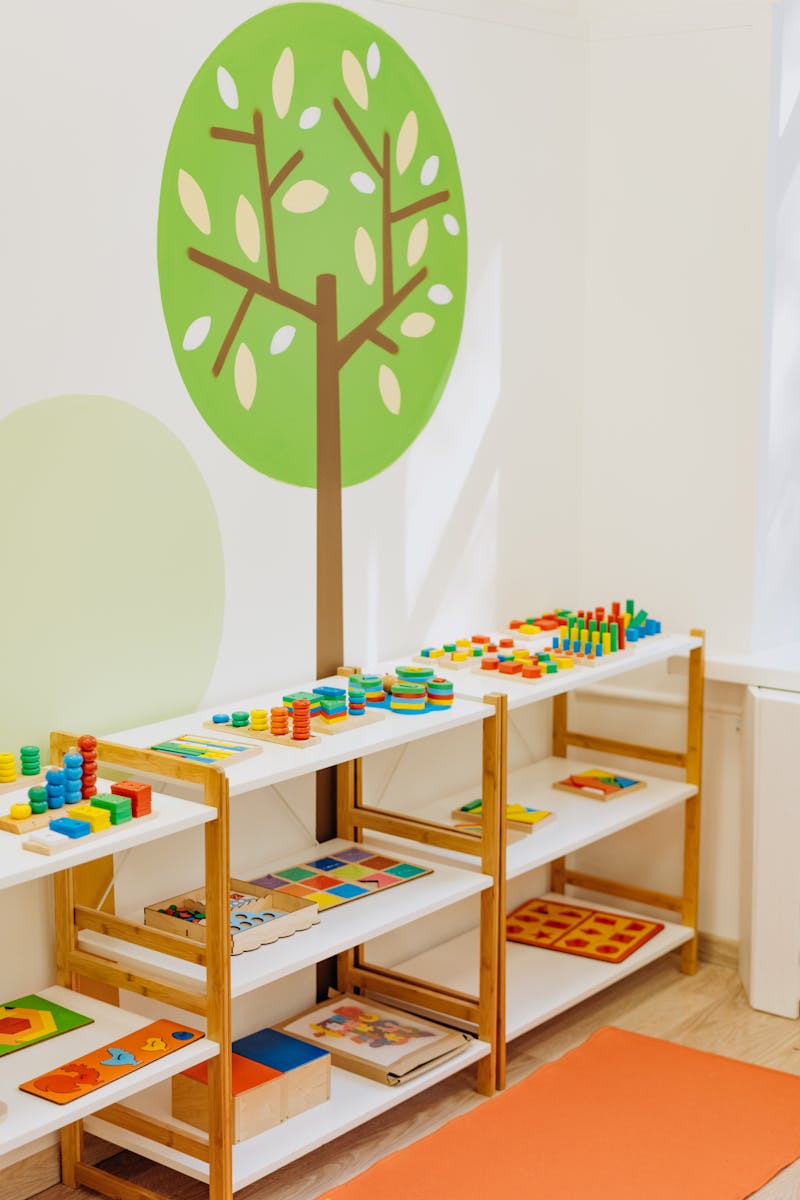
What Is the Montessori Method?
The Montessori method was developed by Dr. Maria Montessori, an Italian physician and educator, in the early 20th century. This educational philosophy is based on the idea that children learn best in a prepared environment that encourages self-directed exploration. Montessori activities are designed to be purposeful, engaging, and developmentally appropriate, allowing children to build independence and confidence as they master new skills.
Why Montessori Activities for Babies and Toddlers?
Babies and toddlers experience rapid physical, emotional, and cognitive growth. Montessori activities are tailored to these stages, helping young children:
- Develop independence: Activities like self-feeding or stacking objects promote self-reliance.
- Enhance motor skills: Fine and gross motor activities strengthen coordination and dexterity.
- Encourage curiosity: Open-ended play and exploration help children discover their environment.
- Build focus and patience: Tasks that require attention to detail, like threading beads or sorting, teach concentration.
Examples of Montessori Activities for Babies
For babies, activities should focus on sensory exploration and motor development. Some simple yet effective ideas include:
- Tummy time with mirrors: Encourages visual tracking and neck strength.
- Sensory baskets: Fill a basket with safe, natural materials like wooden rings or soft fabrics.
- Grasping toys: Provide objects that encourage babies to practice holding and shaking.
- Sound exploration: Use rattles or bells to introduce different sounds.
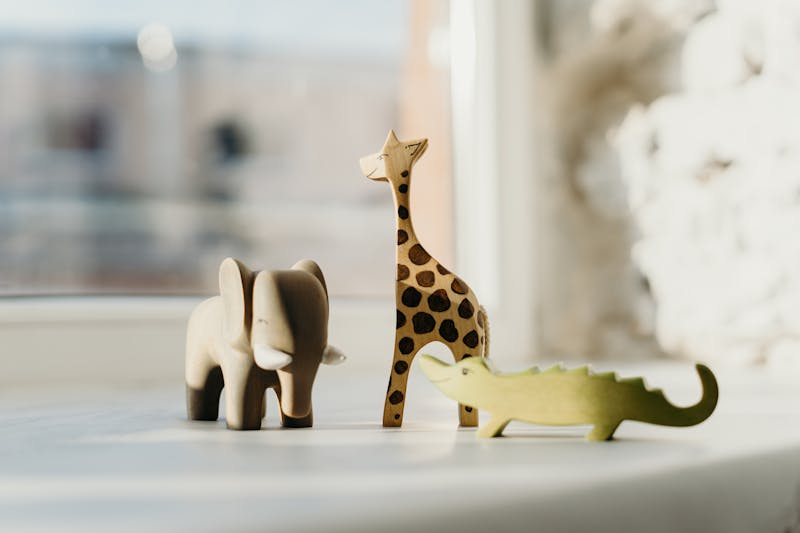
Examples of Montessori Activities for Toddlers
Toddlers thrive on tasks that mimic real-life activities. Montessori activities for this age group often involve practical life skills, fine motor tasks, and problem-solving. Here are some ideas:
- Pouring water: Use a small pitcher and cup to practice pouring.
- Sorting objects: Sort items by color, size, or shape using simple trays.
- Self-care tasks: Encourage toddlers to brush their hair, wash hands, or put on shoes.
- Matching games: Match objects to pictures or pairs of similar items.
- Stacking and building: Use blocks or nesting cups to build towers.
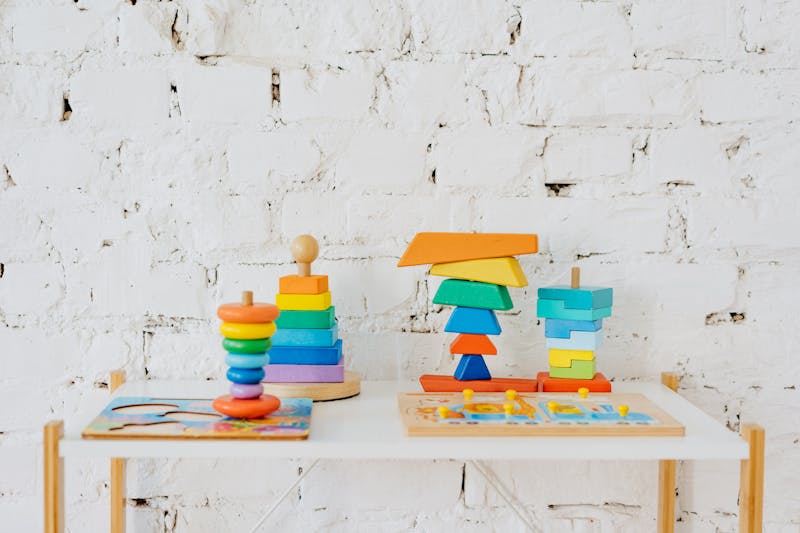
How to Get Started with Montessori at Home
- Create a prepared environment: Arrange toys and materials on low shelves so your child can access them independently.
- Choose simple, purposeful activities: Avoid overstimulating toys. Focus on activities that involve concentration and skill-building.
- Observe your child: Pay attention to their interests and developmental needs, and adjust activities accordingly.
- Encourage independence: Allow your child to try tasks on their own, offering guidance only when necessary.
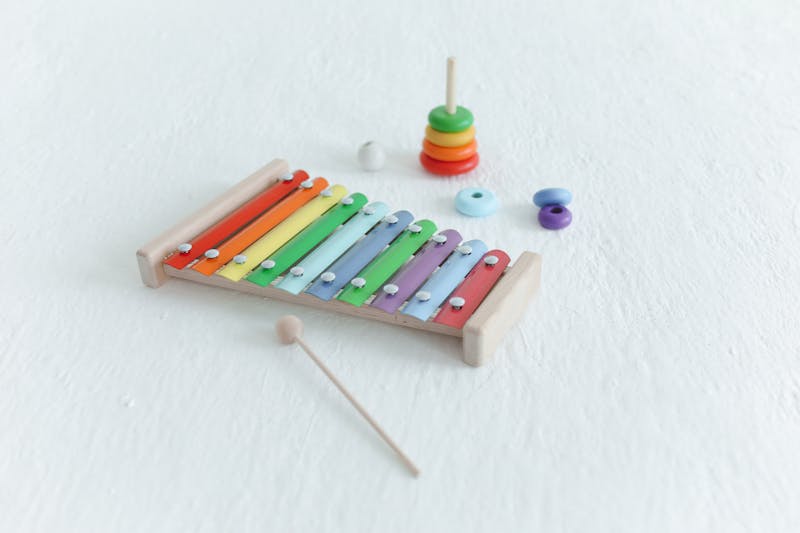
The Benefits of Starting Early
Introducing Montessori activities at an early age sets the stage for a lifetime of learning. Babies and toddlers who engage in Montessori activities often develop a love for exploration, improved problem-solving skills, and greater confidence in their abilities.
By incorporating Montessori principles into your child’s daily routine, you’re not just teaching them new skills; you’re empowering them to be independent, curious, and resilient learners.
Are you ready to start your Montessori journey? Begin with simple activities, observe your child’s interests, and enjoy watching them thrive as they explore the world around them.
Keywords: Montessori activities for babies, toddler Montessori, Montessori method

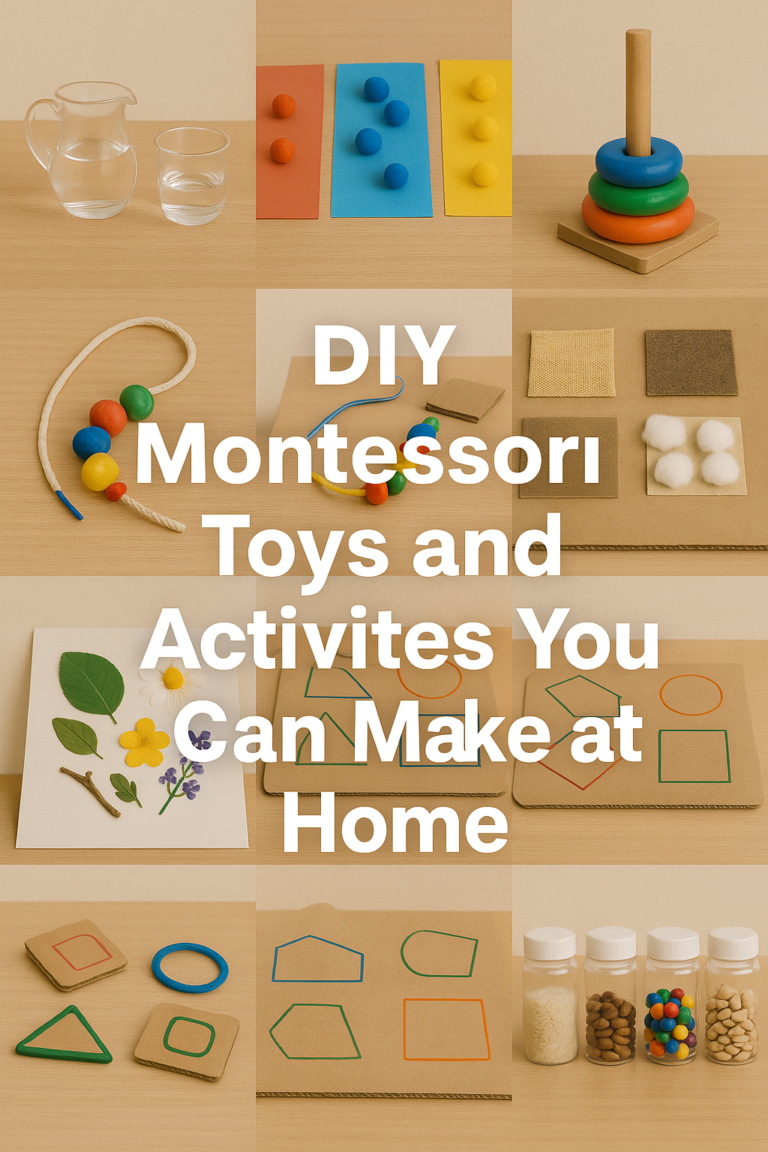
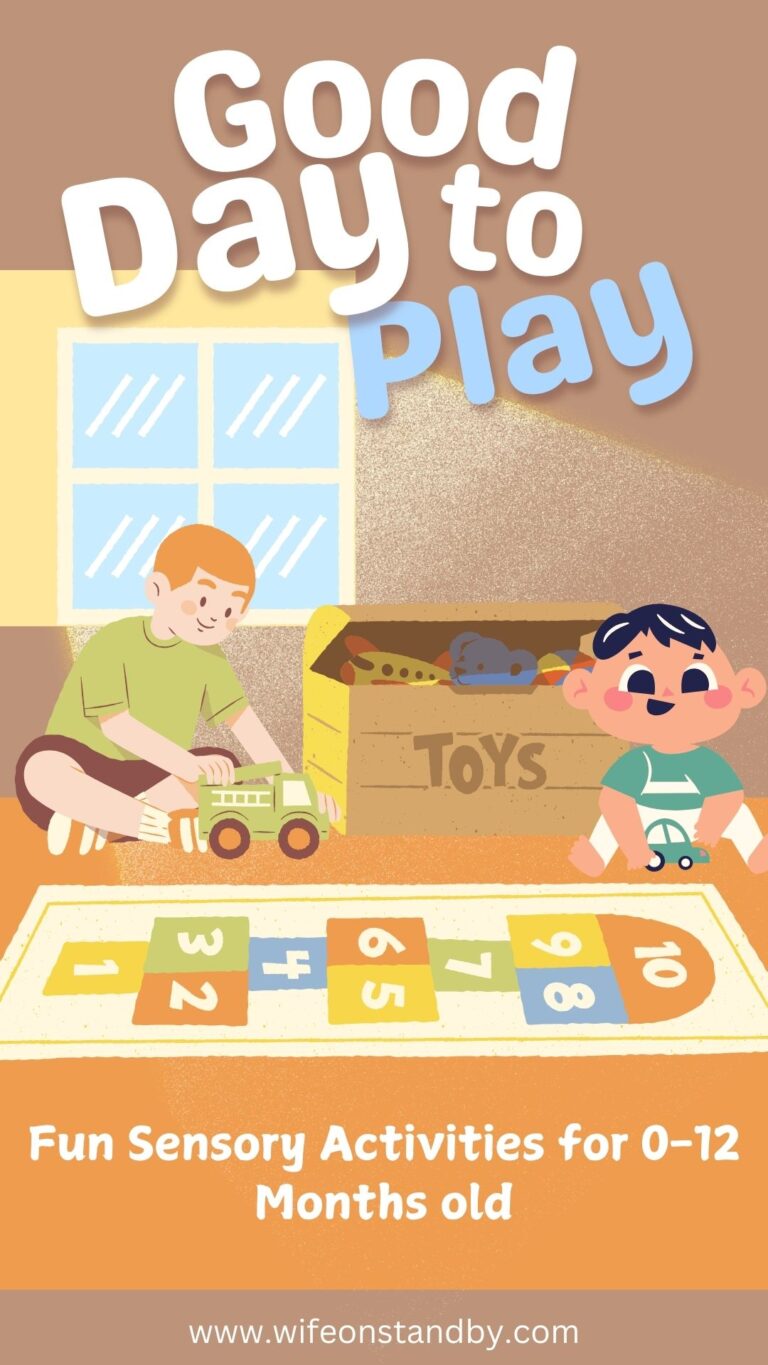
Hello there! This post could not be written any better!
Reading through this post reminds me of my previous room mate!
He always kept chatting about this. I will forward this write-up to him.
Fairly certain he will have a good read.
Many thanks for sharing!